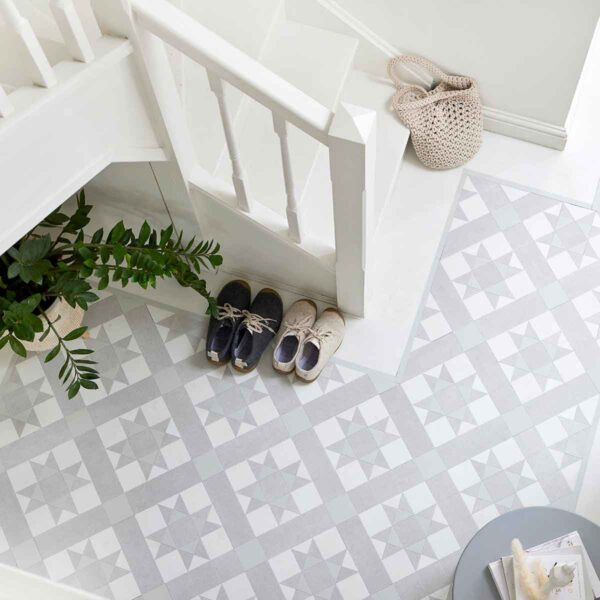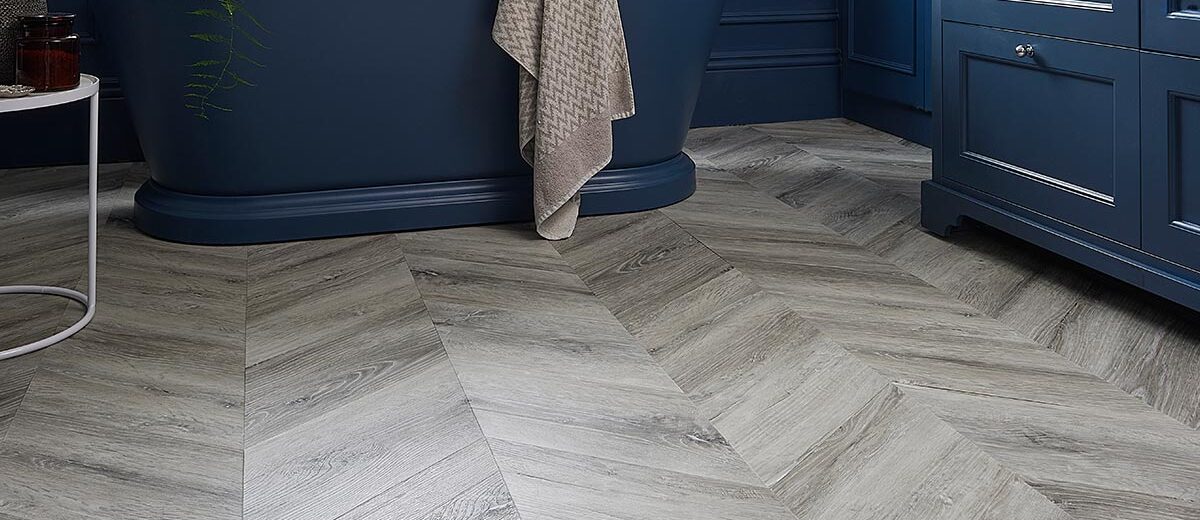
Jul 24, 2024
Creating a Small Space with Big Impact
The smallest spaces in the home, such as hallways and bathrooms are usually those people tend to play it most safe, in order to avoid…

Nov 08, 2022
By Stephen Latham
When it comes to LVT flooring you will inevitably face certain jargon terms which could cause your head to spin. You can easily get lost in technical details and manufacturer descriptions. That’s why we’ve created this easy to understand jargon buster to break it all down for you and help you through the process of purchasing your new LVT flooring.
LVT short for Luxury Vinyl Tile is a flooring solution made from vinyl that can be used as a durable and easy to maintain alternative to authentic wood and stone flooring.
The top of many layers that make up an LVT tile or plank, the wear layer provides the durability, stain and scratch resistance of LVT flooring.
The groove on the edge of each plank or tile leaving a small gap between each plank or tile adding character and authenticity to the floor.
Texture on the surface of a LVT which follows the pattern in the design giving a more authentic finish.
A popular laying pattern where LVT planks are installed in a zig zag layout. This can be achieved with small parquet planks as well as full sized planks.
Parquet is a laying pattern where short LVT planks are installed to create a pattern. Most often parquet flooring adopts a herringbone layout.
Chevron is another popular laying pattern which can appear similar to herringbone flooring however the end of the planks are cut at a 45 degree angle to create a V pattern.
Glue down LVT (also known as dry back) is the most popular type of LVT and requires an adhesive to adhere the tiles and planks to their base.
A type of LVT which locks together. Click flooring shares all the benefits of glue down LVT with the added benefit of quick and easy installation.
The floor beneath the new floor being installed eg. LVT. The subfloor is the foundation upon which the new flooring will be installed. Common subfloors for LVT include concrete, cement and plywood.
A layer of material used to level a concrete subfloor prior to installing LVT.
The process of allowing LVT to adjust to the climate of a room it’s being installed into. Acclimatisation is critical to ensure a high quality installation.
A gap left around the perimeter of a Click LVT flooring installation to allow room for expansion without causing warping or buckling in the middle.
LVT flooring has had a surge in popularity in recent years thanks to its high design capacity and functional benefits, however it’s important to understand what you’re getting and that it’s suitable for your space, therefore we always advise seeking professional advice from an LVT specialist and don’t be afraid to get all the clarification you need and ask all the questions you have before agreeing on a selection. Remember, they are there to help and make sure you’re entirely comfortable with your selection.